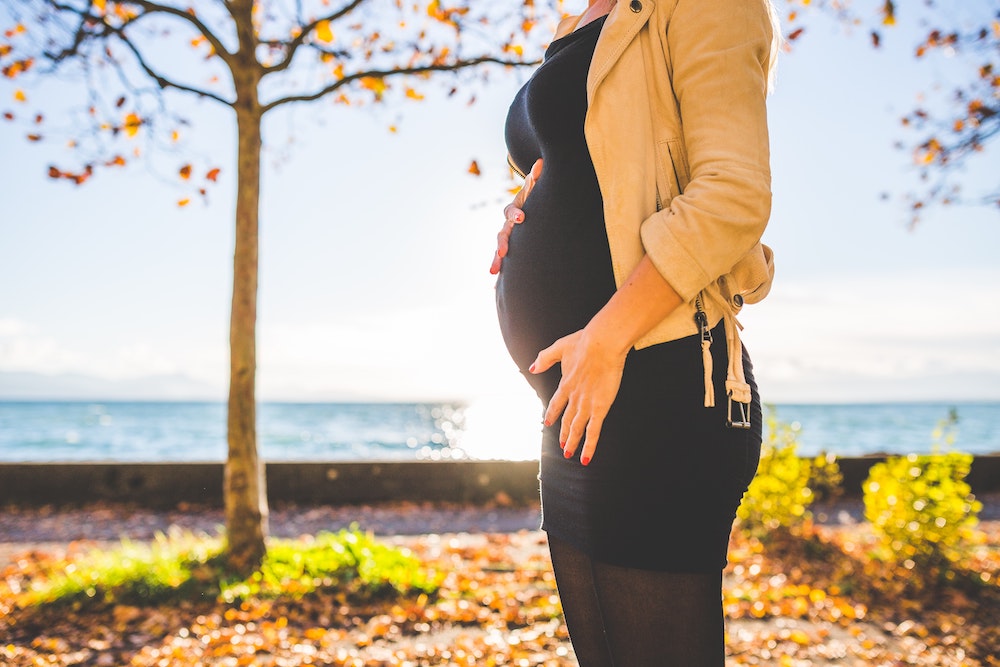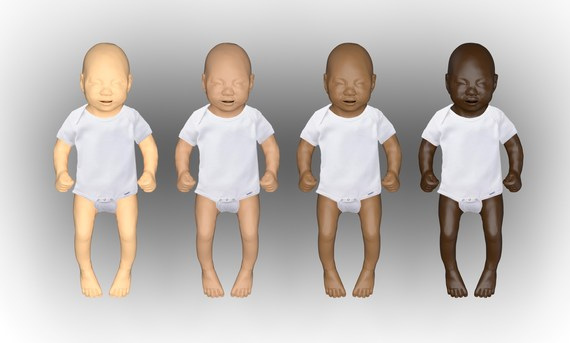
Raydiant Oximetry has received a $3M grant from the government of Ireland. The company now plans to build a team in Ireland.
As C-sections continue to rise worldwide, more mothers and babies are at risk from perinatal complications. Raydiant Oximetry, a Fogarty Innovation graduate, is developing an innovative fetal monitor to improve outcomes for mothers and babies during childbirth and recently received a grant from the government of Ireland for approximately $3 million. In Ireland, C-section births have risen 50% since 2002, and key European stakeholders have a similar goal to the U.S. in reducing the number of medically unnecessary C-sections and more accurately identifying fetal distress during labor.
In 2019, Raydiant Oximetry secured Series A funding, and this summer plans to launch a pilot study that had been delayed due to COVID-19. The aim of the study is to show an improvement in sensitivity and specificity for detecting fetal distress over the current method of heart rate monitoring. Low sensitivity leads to high false negatives and the failed recognition of newborn birth injury. Low specificity leads to high false positives, which in turn leads to unnecessary emergency C-sections. To date, animal studies with the Raydiant Oximetry technology have shown a specificity of 95%, nearly tripling current standard of care’s specificity of 29%.



